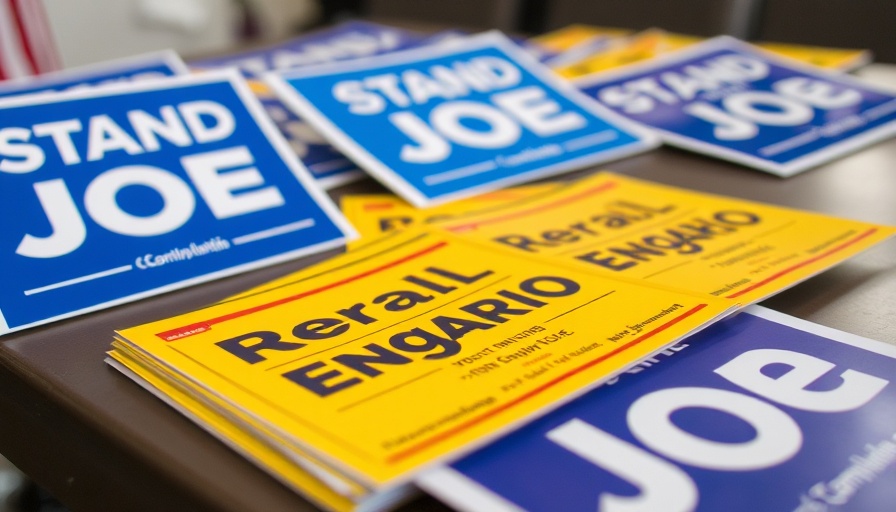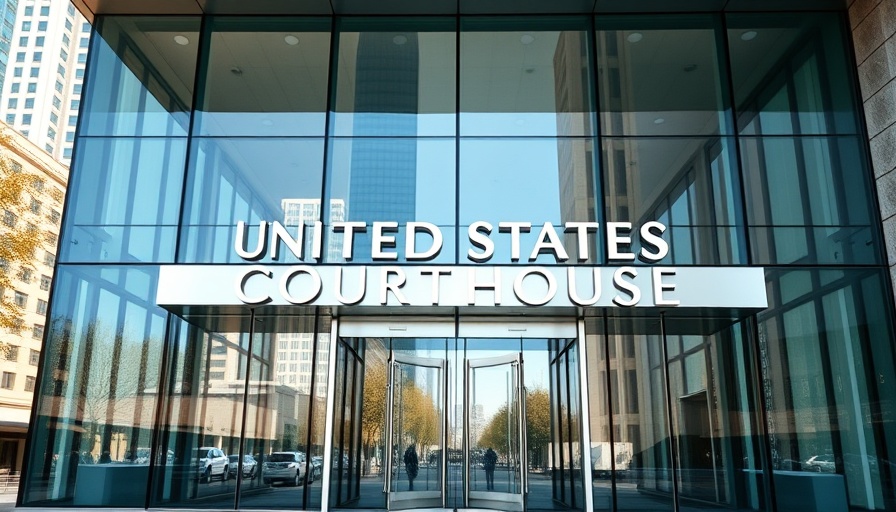
Ethics Allegations Surface Against Recall Campaign in San Francisco
A recent complaint filed with the San Francisco Ethics Commission has raised serious questions about the integrity of the campaign to recall District 4 Supervisor Joel Engardio. The allegations include failure to properly report campaign spending and a lack of transparency regarding funding sources for campaign materials.
The complaint, which was filed by Leslie Beatrice Batz, points to various campaign tools used by the recall committee, such as clipboard signs and flyers, that allegedly do not disclose their financial backing as mandated by both state law and local ordinances. Despite these allegations, the Ethics Commission has not publicly announced whether it plans to take action, as its protocol usually prohibits disclosure regarding the status of investigations.
The Legal Landscape of Campaigning
The core of the complaint highlights the legal obligations of political campaigns regarding transparency. Under both California state laws and San Francisco’s local ordinances, campaign materials must clearly state who funded them, along with a directive for the public to visit the Ethics Commission website for additional disclosures. A crucial part of this requirement is that the text must be legible, printed in bold font, and set against a contrasting background. Failure to comply could lead to significant penalties if the commission finds violations.
However, as campaign finance consultant Daniel Anderson explains, the situation becomes murky when homemade signs come into play. The rules surrounding disclosure primarily apply to materials produced by registered political committees and not necessarily to those created by private individuals. This detail could play a vital role in determining the outcome of the investigation, particularly as grassroots movements often result in spontaneous public expressions.
Perspectives on the Allegations
Vin Budhai, a lead organizer for the recall effort, refutes claims of underreporting or lack of compliance, asserting that all official signs produced by his team have included the necessary disclaimers. "We never printed a single sign that doesn’t have the correct disclaimer at the bottom," Budhai stated, suggesting that any discrepancies may originate from unrelated sources. This defense underlines a common scenario in politically charged environments such as recall efforts, where grassroots activism often leads to a flurry of homemade signs that may not adhere to established guidelines.
The significance of this complaint also hinges on public sentiment. Recalls often stem from grassroots dissatisfaction, a sentiment that fuels spontaneous actions among community members. Anderson points out that this dissatisfaction translates into a myriad of homemade signs as citizens vocalize their frustrations without the backing of formal campaigns.
Shifting Numbers: What They Mean for Campaign Integrity
The complaint alleges that the recall campaign reported a mere $133.56 in spending during its first month before amending the figure to $476.59 subsequently. The discrepancies in financial reporting further complicate the narrative surrounding this recall effort and raise governance questions about the campaign’s overall transparency. Understanding the flow of funds within political campaigns is essential for voters who are increasingly concerned about accountability and ethical governance.
With significant public interest and the potential implications for both the recall campaign and Engardio's political future, this unfolding situation is likely to remain in the spotlight. The Ethics Commission's findings and any subsequent actions will not only be pivotal for the campaign itself but could also set precedents for how similar cases are handled in the future.
Conclusion: The Implications of the Complaint
The ongoing complaint against the recall campaign underscores the importance of transparency in political processes. As the community grapples with the allegations, questions surrounding ethics and accountability in campaigning will linger. For residents and voters, staying informed about the resolution of these complaints is crucial, as it speaks to the broader health of local governance and civic engagement.
As further developments unfold, it's essential for citizens to actively engage in local politics. Monitoring these events not only informs voting decisions but also contributes to a more transparent and accountable government process.
 Add Row
Add Row  Add
Add 




 Add Row
Add Row  Add
Add 

Write A Comment